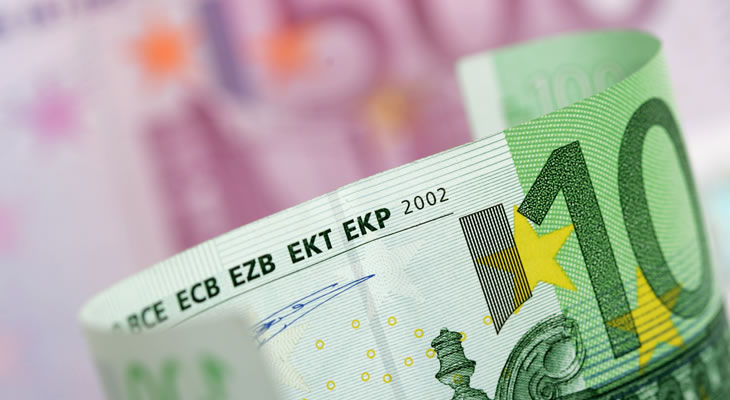Deteriorating German Economic Sentiment Boosts Pound Sterling Euro (GBP/EUR) Exchange Rate
An unexpectedly sharp slump in June’s German ZEW economic sentiment survey encouraged the Pound Sterling to Euro (GBP/EUR) exchange rate to rally.
As the expectations index plunged from -2.1 to -21.1 this suggests that the Eurozone’s powerhouse economy is on course for a further loss of momentum in the second quarter.
Naturally this left the Euro (EUR) on a weaker footing against its rivals, adding to existing market worries over the Eurozone growth outlook.
With global trade anxiety continuing to weigh on the German economy the currency union potentially faces another quarter of muted growth, giving investors little incentive to buy into the single currency.
This underwhelming performance raises the risk of the European Central Bank (ECB) maintaining its current dovish policy bias for longer, further limiting the potential for EUR exchange rates to rally.
Weaker UK Inflation Set to Weigh on Pound Sterling (GBP) Exchange Rates
The mood towards Pound Sterling (GBP) could deteriorate on Wednesday, however, if May’s UK consumer price index weakens as forecast.
Investors expect to see the headline inflation rate fall back from 2.1% to 2.0% on the year, matching the Bank of England’s (BoE) target.
This would limit the case for policymakers to raise interest rates in the near future, to the detriment of GBP exchange rates.
Even so, a lower level of inflation would bode well for domestic wage growth, encouraging hopes of stronger spending in the months ahead.
If the latest CBI industrial trends survey also shows fresh signs of weakness this could see the GBP/EUR exchange rate trending lower.
Evidence that Brexit-based uncertainty is continuing to weigh on economic activity would expose the Pound to renewed selling pressure, especially in the face of ongoing political uncertainty.
Euro (EUR) Vulnerable to Signs of ECB Dovishness
EUR exchange rates are likely to see volatility on the back of the ECB Economic Bulletin released on Thursday, as markets continue to look for signs of potential monetary loosening to come.
If the tone of the bulletin appears to shift towards a greater sense of dovishness this could weigh heavily on the single currency.
As long as confidence in the outlook of the Eurozone economy continues to deteriorate investors look set to bet on the possibility of interest rates remaining at a record low for longer.
Friday’s raft of Eurozone manufacturing and services PMIs could also put pressure on the Euro, unless sector activity shows signs of picking up on the month.
Even if the manufacturing PMI remains in a state of contraction any modest improvement may still encourage EUR exchange rates to recover some ground.
On the other hand, another month of lacklustre growth across the Eurozone could give the GBP/EUR exchange rate a solid rallying point ahead of the weekend.


Comments are closed.